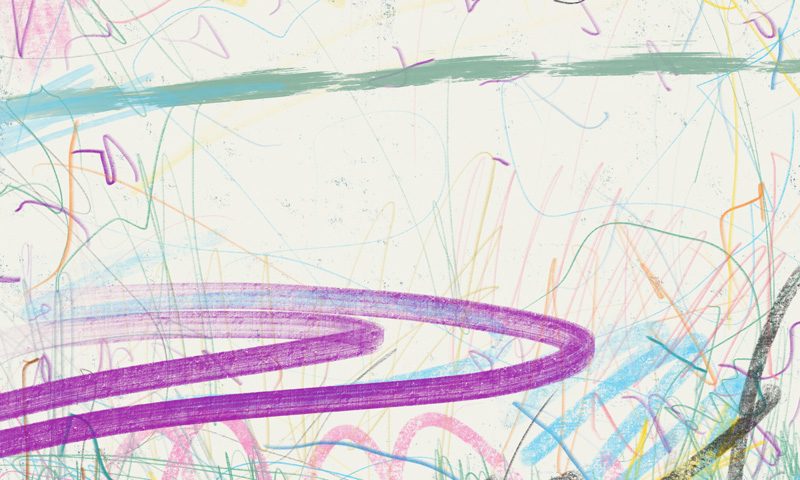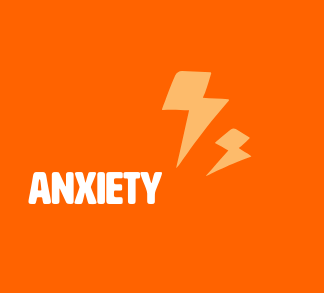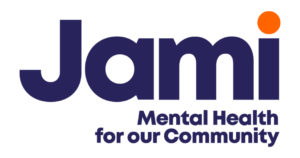
The following blog is about supporting people in relation to self-harm. Due to the subject matter it contains potentially triggering material. If you are feeling vulnerable at the moment you may want to consider reading this at another time.
Supporting a friend or relative who is using self-harm to cope with overwhelming feelings and anxieties is a tall order. Our gut reaction when coming across someone who injures themselves can invoke very raw emotions connected to shock and even disgust. We might then become ashamed of having such thoughts.
It is important to remind ourselves that intense reactions like those, are not about the person affected but in relation to the acts of self-harm. It is the behavior – rather than the person – that creates such a strong reaction in us.
No wonder that when many people seek help from medical professionals they are not always met with kindness and compassion, such is the impact that self-harm can arouse in others, even in those medically trained.
It is hard for us to think about the levels of anguish that has moved an individual to resort to self-harm. Being empathetic gives us more chance to mitigate against the potential of being patronizing. Empathy rather than sympathy requires us to find the best parts of ourselves to connect to a person in deep distress.
Self-harm is a complex subject. Some people who are self-harming may also have distressing feelings around suicide. For others, self-harm is a way to survive and helps them get through difficult times, so can actually become a ‘life saver’. Telling people to “just stop doing it” is not a solution and could lead to a breakdown in communication with the affected person. It’s not that easy. The person using self-harm to manage their mental health will need help, support and understanding. Usually a mental health professional will become involved to support the person and help them find alternative coping strategies.
In May 2019, Jami are hosting an exhibition of photographs which have evolved from one mother’s journey of witnessing firsthand the distress self-harm can cause, both for the person directly affected and for a carer who attempts to offer support. The work by photographer Jude Wacks will be on display during opening hours in the quiet space at the Head Room Café. Alongside the exhibition are a series of educational events, visit https://jamiuk.org for more information.
If you or someone you know needs to speak to someone about self-harm the following organisations might be helpful.
Childline – 24/7 helpline and online chat for young people
0800 1111
www.childine.org.uk
Samaritans – 24/7 helpline for a safe place to talk any time
116 123
jo@samaritans.org
www.samaritans.org
BlueIce is an evidenced-based app to help young people manage their emotions and reduce urges to self-harm including a mood diary, toolbox of techniques and automatic routing to emergency numbers. BlueIce is a prescribed app.
www.apps.beta.nhs.uk/blueice
Calm Harm is an award-winning app developed for teenage mental health charity Stem4 to provide tasks to help young people resist or manage the urge to self-harm. Available on Google Play and the App Store.
www.calmharm.co.uk
Jami provides practical and emotional support for the mental health needs of the Jewish Community, for people aged 16+ and for carers of children and adults.
Contact us Monday – Thursday 9.00am – 5.00pm, Friday 9.00am – 1.30pm (winter) / 9.00am – 4.00pm (summer)
020 8458 2223




